Dr Olivier Lamiable
Team Leader - Lamiable Laboratory
PhD (UO)
Dr Olivier Lamiable leads the Lamiable Lab at the Malaghan Institute, working alongside Professor Franca Ronchese to uncover how allergic immune responses begin. His research focuses on the biology of dendritic cells and T-cells, using cutting-edge computational and molecular tools to identify new targets for preventing and treating allergic diseases. His current work explores how cellular metabolism shapes immune responses during skin allergies.
Olivier earned his PhD in epigenetics from the University of Orléans, France, in 2010. He then joined Professors Jules Hoffmann (Nobel Prize in Physiology or Medicine, 2011) and Jean-Luc Imler at the University of Strasbourg, where he investigated antiviral immunity in insects.
At the University of Orleans, France, Dr Olivier Lamiable achieved his License degree, Master’s degree and PhD. Completed early 2010, his PhD focused on epigenetic regulation of the embryonic development of Drosophila melanogaster (the common fruit fly). His research identified and characterised protein partners of the ortholog of HMGB1 that are involved in this process. Following this, Olivier studied the antiviral responses of D. melanogaster at Institute de Biologie Moleculaire et Cellulaire in Strasbourg, France.
In 2016, he moved to the Malaghan Institute to work with Professor Ronchese and went on to establish his own research team in 2022.

Related news
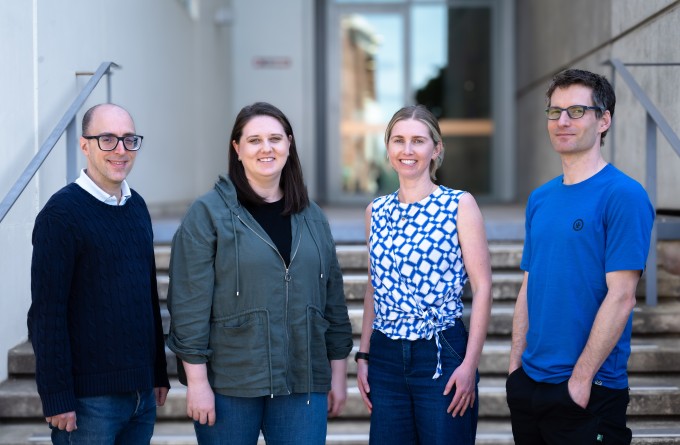
Marsden funding to drive discovery and innovation in cancer, allergy and infectious disease research
5 November 2025
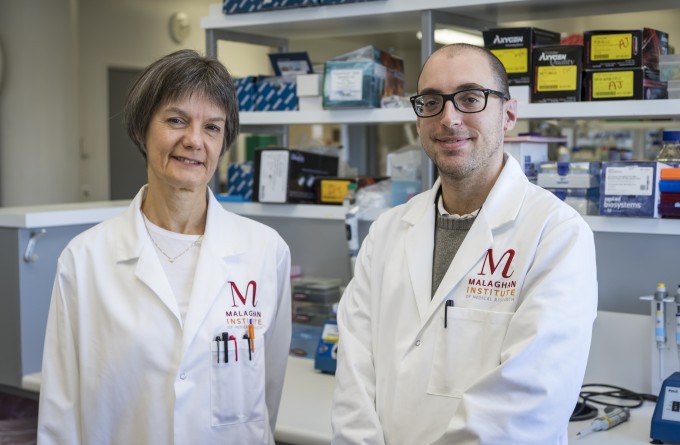
Tracking allergies to their source: new research offers insight into mechanisms priming the allergic response
2 July 2025
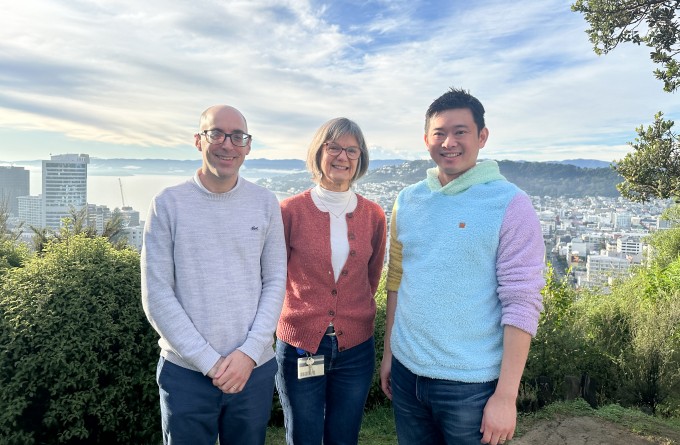
International collaboration finds lipid imbalance in the skin may contribute to inflammatory conditions
24 June 2024
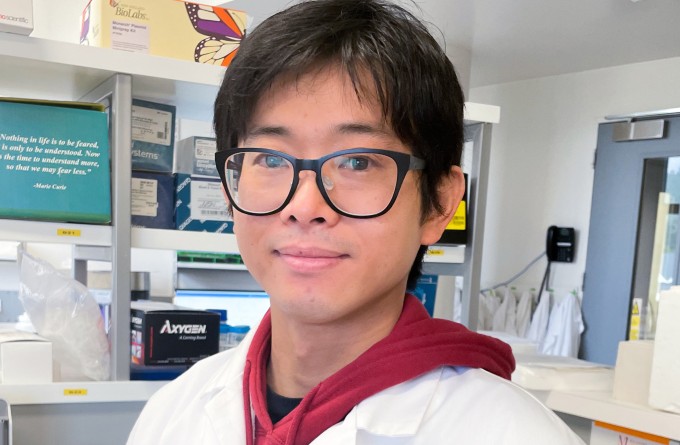
Health Research Council to fund clinical study investigating the skin’s role in initiating allergic disease
28 June 2023
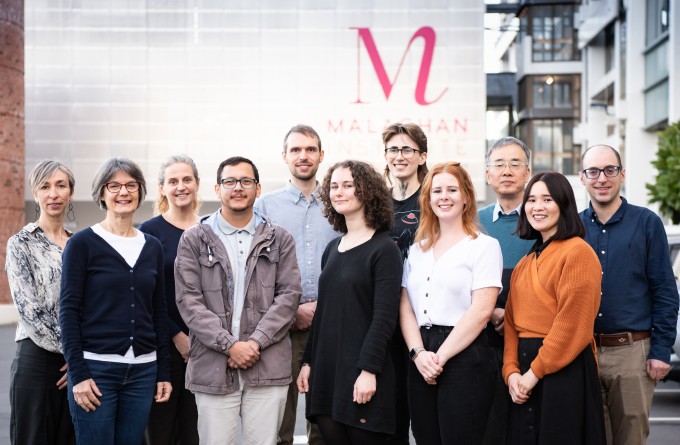
Discovery points to the skin as ‘ground zero’ for allergic disease
19 November 2021
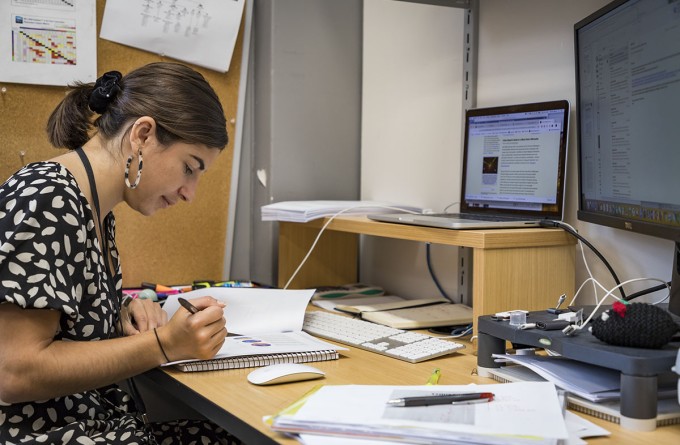
Research under lockdown: Keeping an eye on dendritic cells in the skin
26 May 2020
Publications
2025
Webb GR, Hilligan KL, Old SI, Tang SC, Lamiable O, Ronchese F (2025). Interferon signaling in type-2 dendritic cells supports TH2 and T follicular helper fates in response to allergens. Immunol Cell Biol. 103(6):578-594.
Ochiai S, Larson AR, Mayer JU, Yang J, Brewerton M, Lamiable O, Ronchese F (2025). Allergic Skin Inflammation Drives IL-4-Dependent Differentiation of Dermal CD11b-low Dendritic Cells. J Invest Dermatol. 2025 May 28:S0022-202X(25)00536-6.
2024
Ronchese F, Webb GR, Ochiai S, Lamiable O, Brewerton M (2024). How type-2 dendritic cells induce Th2 differentiation: Instruction, repression, or fostering T cell-T cell communication? Allergy. 2024 Sep 26.
Lee JE, Kim M, Ochiai S, Kim SH, Yeo H, Bok J, Kim J, Park M, Kim D, Lamiable O, Lee M, Kim MJ, Kim HY, Ronchese F, Kwon SW, Lee H, Kim TG, Chung Y (2024). Tonic type 2 immunity is a critical tissue checkpoint controlling autoimmunity in the skin. Cell Rep. 43(7):114364
2022
Lamiable O, Brewerton M, Ronchese F (2022). IL-13 in dermal type-2 dendritic cell specialization: from function to therapeutic targeting. Eur J Immunol. 52(7):1047-1057
2021
Mayer JU, Hilligan KL, Chandler JS, Eccles DA, Old SI, Domingues RG, Yang J, Webb GR, Munoz-Erazo L, Hyde EJ, Wakelin KA, Tang SC, Chappell SC, von Daake S, Brombacher F, Mackay CR, Sher A, Tussiwand R, Connor LM, Gallego-Ortega D, Jankovic D, Le Gros G, Hepworth MR, Lamiable O, Ronchese F (2021). Homeostatic IL-13 in healthy skin directs dendritic cell differentiation to promote TH2 and inhibit TH17 cell polarization. Nat Immunol. 2021 Nov 18
2018
Poyntz, HC, Jones A, Jauregui R, Young W, Gestin A, Mooney A, Lamiable O, Altermann E, Schmidt A, Gasser O, Weyrich L, Jolly CJ, Linterman MA, Le Gros G, Hawkins ED, Forbes-Blom E (2018) Genetic regulation of antibody responsiveness to immunization in substrains or BALB/c mice. Immunol & Cell Biol 97(1):39-53
Ochiai S, Jagot F, Kyle RL, Hyde E, White RF, Prout M, Schmidt AJ, Yamane H, Lamiable O, Le Gros G, Ronchese F (2018) Thymic stromal lymphopoietin drives the development of IL-13 + Th2 cells. PNAS USA 115(5)1033-1038
2017
White R, Pellefigues C, Ronchese F, Lamiable O, Eccles D (2017) Investigation of chimeric reads using the MinION. F1000Research.
Connor LM, Lamiable O, Ronchese F (2017) Fetal dendritic cells give mum a break. Immunol Cell Biol.
Connor LM, Tang SC, Cognard E, Ochiai S, Hilligan K, Old S, Pellefigues C, White R, Patel D, Smith A, Eccles D, Lamiable O, McConnell M, Ronchese F (2017) Th2 responses are primed by skin dendritic cells with distinct transcriptional profiles. J Exp Med.
Pellefigues C, Tang SC, Schmidt A, White RF, Lamiable O, Connor LM, Ruedl C, Dobrucki J, Le Gros G, Ronchese F (2017) Toll-Like Receptor 4, but Not Neutrophil Extraceullular Traps, Promote IFN Type I Expression to Enhance Th2 Responses to Nippostrongylus brasiliensis. Front Immunol 8:1575
